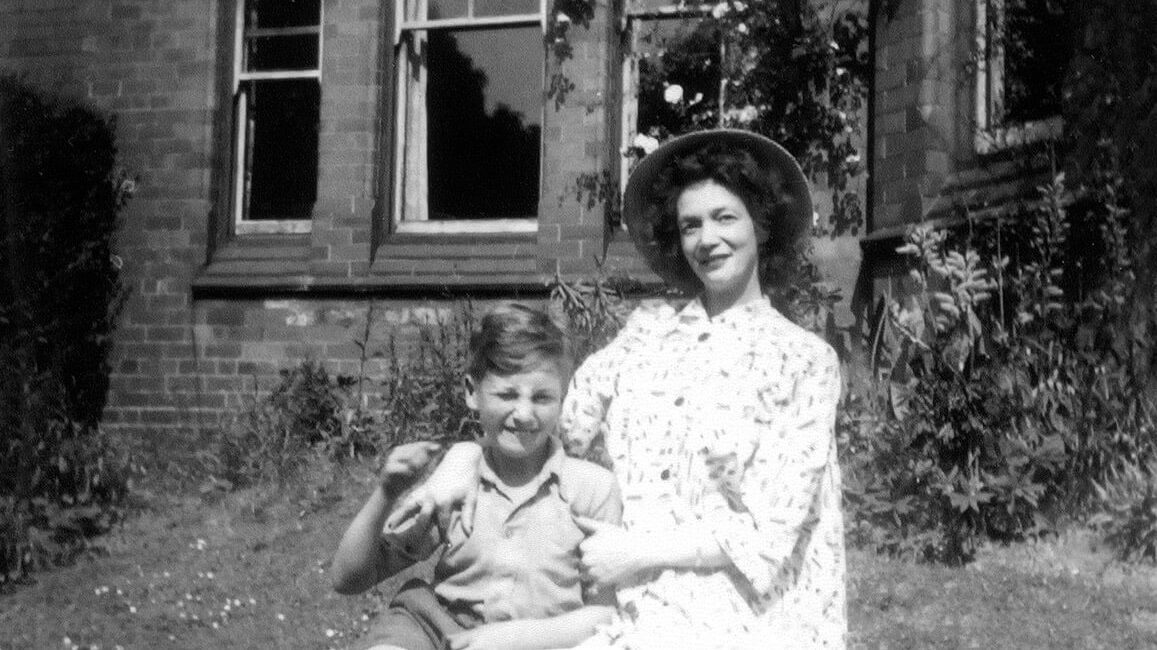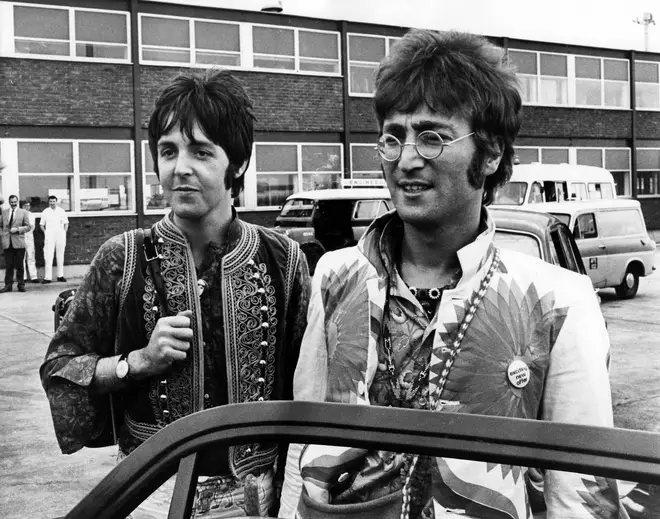Despite finding comfort in a close friendship during their tenure conquering the world in The Beatles, John Lennon wasn’t always convinced by George Harrison. In early 1958, Paul McCartney invited his younger friend Harrison to watch his new band, The Quarrymen, play a small gig. Harrison subsequently auditioned in front of Lennon, and although impressed by the youngster’s talent, he had reservations about the guitarist’s age.
Harrison was nearly three years younger than Lennon. While it seems odd that such a trivial detail should impact the dynamic between the pair, Harrison would later admit that it affected their relationship, for better or worse, for the rest of Lennon’s life.
After humouring Harrison as The Quarrymen’s new lead guitarist, Lennon became an older brother figure for Harrison, offering his critique and guidance whether solicited or not. Lennon’s cheeky demeanour soon rubbed off on Harrison, and the pair became close friends amid a healthy deal of japing and goading.
Intriguingly, LSD allowed a stronger bond to form between the pair in the late 1960s. “After taking acid together, John and I had a very interesting relationship,” Harrison explained in The Beatles Anthology. “That I was younger or I was smaller was no longer any kind of embarrassment with John. Paul still says, ‘I suppose we looked down on George because he was younger.’ That is an illusion people are under. It’s nothing to do with how many years old you are or how big your body is. It’s down to what your greater consciousness is and if you can live in harmony with what’s going on in creation.”
John and I spent a lot of time together from then on, and I felt closer to him than all the others, right through until his death,” Harrison added. “As Yoko came into the picture, I lost a lot of personal contact with John, but on the odd occasion I did see him, just by the look in his eyes, I felt we were connected.”
As Harrison and his fellow Beatles soon realised, LSD is a particularly potent substance. Beyond recreation, it holds consciousness-altering qualities that can help one explore one’s psyche. Of course, these trips can be dangerous, but Harrison felt that they helped Lennon to face his childhood demons.
“In a way, like psychiatry, acid could undo a lot — it was so powerful you could just see. But I think we didn’t really realise the extent to which John was screwed up,” Harrison explained. “For instance, you wouldn’t think he could get bitter because he was so friendly and loving, but he could also be really nasty and scathing.”
In 1970, following The Beatles’ breakup, Lennon released John Lennon/Plastic Ono Band. Unlike most of his material with the Fab Four, the album ruminated on personal and political issues with desperation and anger tangible in the delivery. Most specifically, the lead single ‘Mother’ heard Lennon channelling his recent primal scream therapy classes with the experimental psychotherapist Arthur Janov. In the intensely revealing song, Lennon faced up to his childhood abandonment issues.

Lennon suffered from maternal abandonment from the age of five when his mother, Julia Lennon, was put under increased pressure by her eldest sister, Mimi Smith, to give up care of her son. Mimi repeatedly expressed to Liverpool Social Services her lack of confidence in Julia as a mother for John due to her “sinful” ways. It is still unclear just how accurate Mimi’s accusations were regarding Julia, but it is likely that Mimi wasn’t happy with Julia’s fun-loving personality; she was known to be cheeky, good-humoured and impulsive – many traits that would later be attributed to Lennon.
In 1945, Lennon was finally forced into the care of his strict and prudent auntie Mimi, who would take over parenthood with her husband, George Smith. While allowed to visit his mother regularly, John became increasingly upset with the separation. Some 12 years later, Julia was killed by a drunk driving policeman when Lennon was just 17.
In The Beatles/Anthology, Harrison revealed that, although he knew about Lennon’s difficult childhood, John Lennon/Plastic Ono Band took him by surprise. “As a kid, I didn’t think, ‘Oh well, it’s because his dad left home and his mother died,’ which in reality probably did leave an incredible scar,” he said. “It wasn’t until he made that album about Janov, primal screaming, that I realised he was even more screwed up than I thought.”
Listen to John Lennon’s primal scream-inspired single, ‘Mother’, below.






